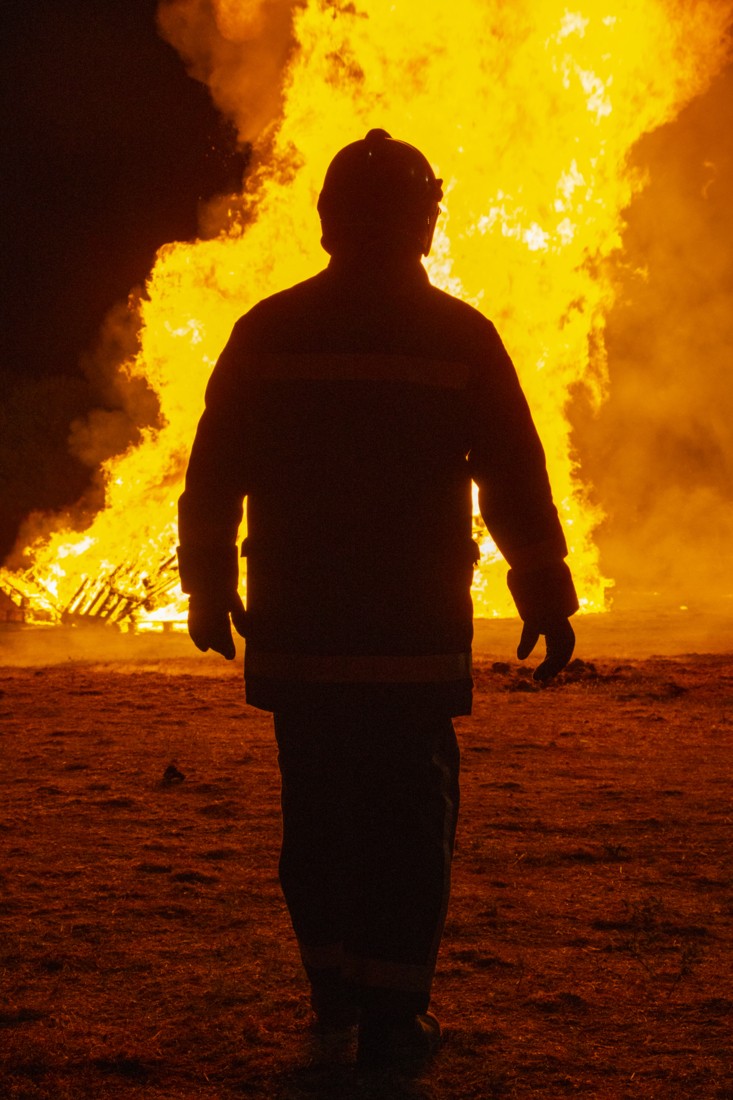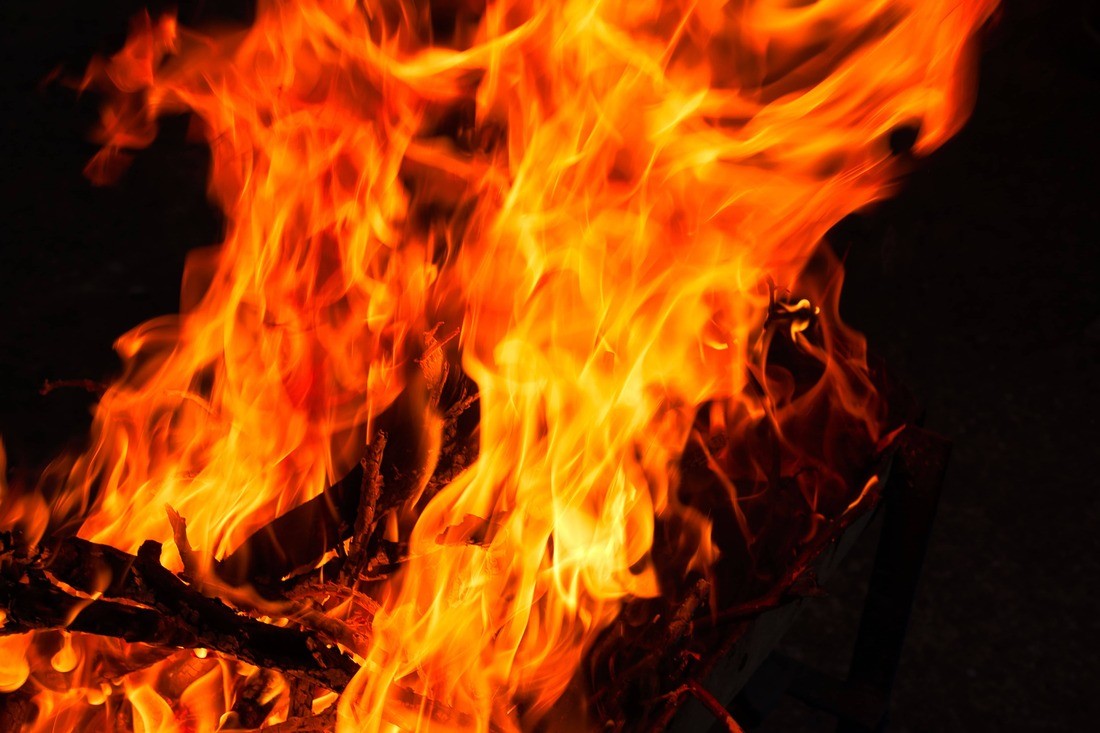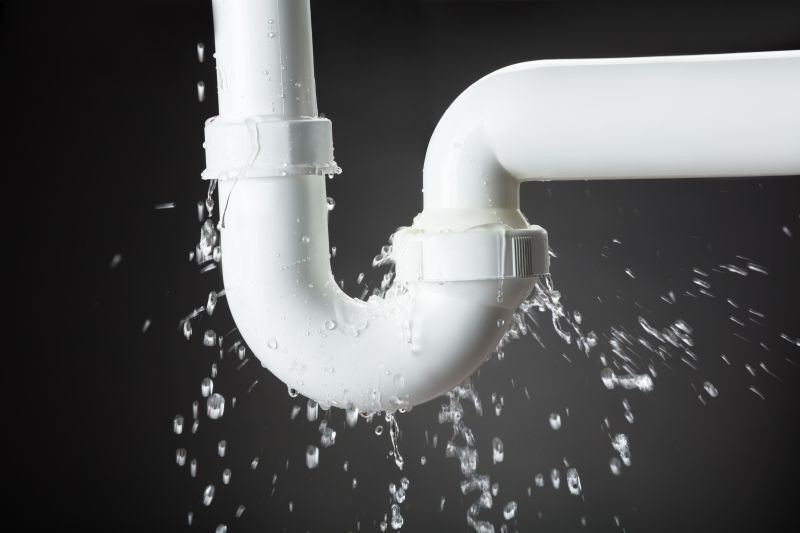
Fire Damage: How to Deal with Lingering Odors
Fire damage can wreak havoc on homes and belongings. Even after the flames are extinguished, the aftermath of a fire can leave behind unpleasant odors. These lingering odors can be bothersome and may even pose health risks. Proper odor removal is a crucial step in the fire damage restoration process. In this article, we will explore various methods and techniques to effectively deal with lingering odors caused by fire damage.
The Importance of Odor Removal in Fire Damage Restoration

When a fire occurs, the smoke and soot released can permeate every surface of a home or building. This smoke contains chemical compounds that produce strong odors. If not properly addressed, these odors can persist long after the fire has been extinguished. Additionally, the lingering odors can trigger discomfort and respiratory issues for occupants. Therefore, thorough odor removal is essential in fire damage restoration to ensure the safety and wellbeing of the affected individuals.
Steps to Deal with Lingering Odors
1. Assessment and Identification
The first step in dealing with lingering odors is to assess the extent of the fire damage and identify the sources of the odors. A professional fire damage restoration company, such as JGW Group Water Damage Restoration Las Vegas, can conduct a thorough inspection to determine the best course of action for odor removal.
2. Ventilation and Air Purification

Proper ventilation is crucial in removing lingering smoke odors. Opening windows and using fans can help circulate fresh air and dissipate the odors. Air purifiers and filtration systems can also aid in removing smoke particles and improving indoor air quality.
3. Deep Cleaning
Deep cleaning is necessary to remove soot and smoke residue from surfaces. This includes walls, ceilings, floors, furniture, and other affected items. Professional fire damage restoration experts have specialized equipment and cleaning agents to effectively remove the residues and eliminate odors.
4. Ozone Treatment
Ozone treatment is a highly effective method for odor removal in fire damage restoration. Ozone generators release ozone, a powerful oxidizing agent, into the affected area. The ozone reacts with the odor-causing molecules, neutralizing them and eliminating the odors. However, ozone treatment should be performed by trained professionals, as ozone can be harmful if not handled properly.
5. Thermal Fogging
Thermal fogging is another technique used to eliminate lingering odors. It involves the use of a thermal fogging machine that emits a fine mist of deodorizing agents. The fog penetrates deep into porous materials and neutralizes the odors at their source.
6. HVAC System Cleaning
The HVAC system can also trap and circulate smoke odors. It is essential to clean and deodorize the HVAC system to prevent the spread of odors throughout the space. This typically involves cleaning the air ducts, replacing filters, and decontaminating the system.
7. Sealing and Repainting
In severe cases of fire damage, where odors persist even after thorough cleaning, sealing and repainting may be necessary. Sealing the surfaces with specialized sealants can help lock in any remaining odors. Repainting with odor-blocking paints can further eliminate the lingering smells.
The Cost of Fire Damage Restoration
Fire damage restoration costs can vary depending on the extent of the damage and the required remediation methods. It is recommended to contact a professional fire damage restoration company, like JGW Group Water Damage Restoration Las Vegas, for an accurate assessment and cost estimate.
Relevant Links:
- JGW Group Water Damage Restoration Las Vegas
- Fire and Smoke Damage Restoration
- Fire Damage Restoration Cost Guide
- The Best Fire Damage Restoration Services of 2023
- Fire Damage Restoration – C & R – C&R Magazine
- Fire Damage Restoration: The Complete Guide
- Cleaning Up After A Fire | American Red Cross
Frequently Asked Questions
Q: How long does the fire damage restoration process take?
A: The duration of the fire damage restoration process can vary depending on the extent of the damage. It may take weeks to months to complete, especially if extensive repairs and reconstruction are necessary.
Q: Are the lingering odors from fire damage harmful?
A: Lingering odors from fire damage can cause discomfort and may pose health risks, especially to individuals with respiratory conditions. It is crucial to address the odors promptly and effectively for the safety and wellbeing of the occupants.
Dealing with the lingering odors caused by fire damage requires a comprehensive approach. By following the proper steps, utilizing professional services, and considering the safety and health of the occupants, it is possible to effectively remove these odors and restore the space to its pre-fire condition.



